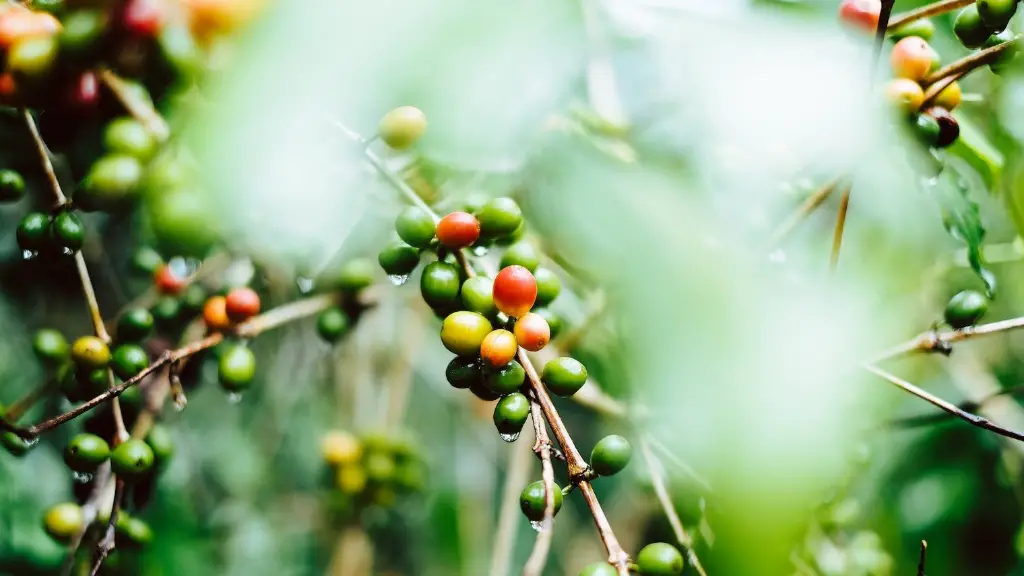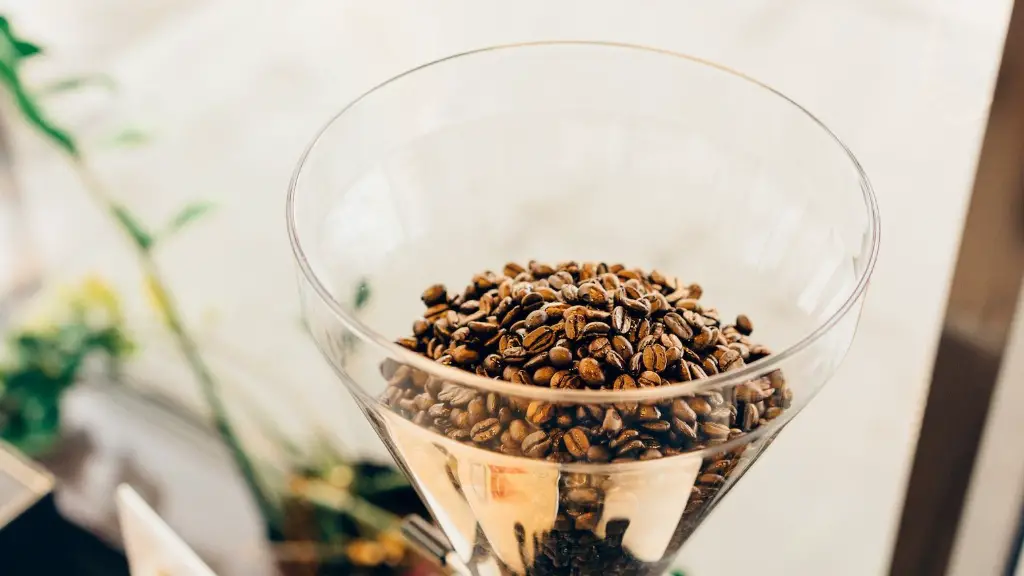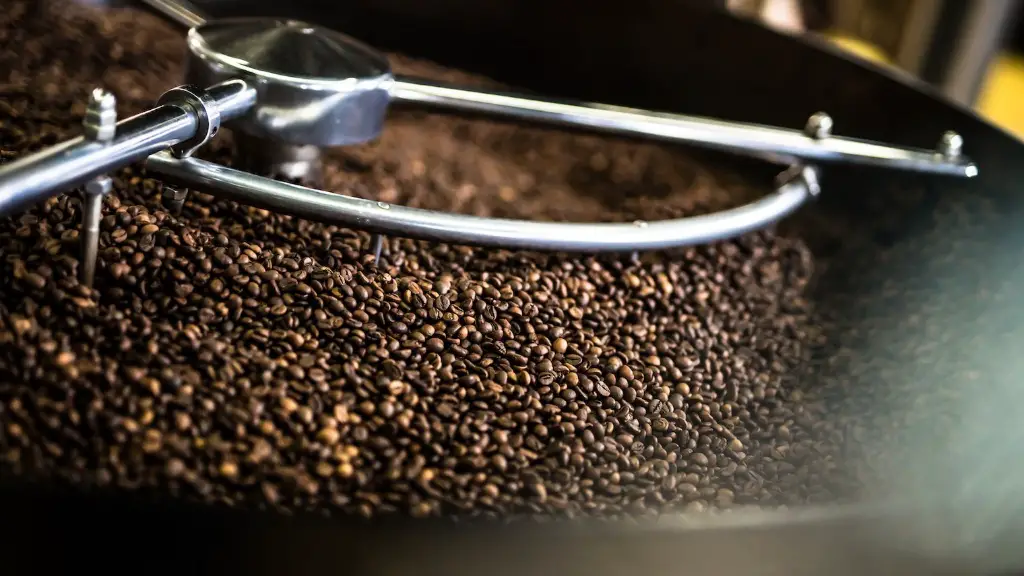Can You Drink Coffee While Fasting During Lent?
The Lent season is an important religious holiday period for many Christians, during which time many people choose to fast as an act of piety. During Lent, it is common for people to abstain from certain types of food and drink. One of the most commonly asked questions is whether or not it is permissible to drink coffee while fasting during Lent. To get to the heart of the matter, we must first examine some of the religious and cultural aspects of this holiday.
Lent has its origins in the Catholic Church, and its main purpose is as a period in which to focus on prayer and penance, as a way to prepare spiritually and gain self-discipline. In general, fasting involves refraining from certain types of food and drink, such as meat, eggs, and dairy products. The specific rules regarding fasting can vary from place to place, and some denominations have different accommodations for pregnant women, nursing mothers, and the elderly.
Coffee is something of a conundrum when it comes to religious fasts, as it contains both caffeine and natural sweetness, which can be considered food in some interpretations of Lent fasting restrictions. Certain denominations and individual Catholics have strict guidelines about what is and isn’t acceptable for Lent fasting, allowing only black, unsweetened coffee. Other denominations are much more lenient, allowing any non-alcoholic beverage and even some food that would otherwise be prohibited.
Experts agree that in the end, the decision to drink coffee while fasting during Lent comes down to personal preference and interpretation. Ultimately, the Church does not officially rule on whether coffee drinking is permissible during Lent, but the prevailing opinion among scholars is that abstaining from these types of beverages is not necessary or even recommended. Each person will have to decide for themselves whether or not to drink coffee during the Lenten period, and those who do should be mindful of the inherent consequences of caffeine intake.
What Other Beverages Can You Drink While Fasting During Lent?
When it comes to beverages that are permissible while fasting during Lent, there are several options to consider. Many people choose to drink water, which can be flavored with some herbs or a squeeze of citrus fruit to make it more palatable. Other popular options include herbal teas and fruit juices, but it’s important to remember that any beverages that contain caffeine or added sugar should be avoided.
For those who decide against drinking coffee while fasting during Lent, decaffeinated varieties are a great option. Decaf coffees are typically free of caffeine, but still provide a flavorful and satisfying way to get your morning caffeine fix without added sugar. There are also non-dairy and plant-based alternatives to traditional coffees, such as almond and oat milk, which may be more acceptable for those who are looking for a dairy-free option for Lent.
For those who are looking for something more indulgent during their Lenten fast, there are also several options. Hot cocoa made with non-dairy milk, almond or soy milk is a tasty treat that may be more permissible for some denominations. Other indulgent options include smoothies and mocktails, which are made with fresh or frozen fruit and can provide a sweet and flavorful beverage that is still respectful of religious dietary restrictions.
An Overview of Specific Religious Guidelines
In general, the following basic principles apply to fasting during Lent, but individuals should check with their local church or religious authority for specific guidelines that pertain to their particular denomination.
• All foods of animal origin (meat, poultry, dairy, fish, eggs) are not to be eaten during Lenten fasts.
• All alcoholic beverages are forbidden during Lenten fasts.
• All foods obtained through hunting are also forbidden during Lenten fasts.
• All foods taken from living creatures (such as bees, birds, or worms) are forbidden during Lenten fasts.
• Fasting is intended to be a period of spiritual contemplation, and so certain types of entertainment and leisure pursuits are also discouraged.
• All grains, legumes, fruits and vegetables are permissible during Lenten fasts.
• Cooking oils and moderate amounts of butter, limited amounts of honey, wines, and vinegars are allowed during Lenten fasts.
What Are the Health Benefits of Fasting During Lent?
Although religious observance is the primary focus of fasting during Lent, there are several potential health benefits for those who do choose to abstain from certain types of food and drink. For example, by reducing your intake of processed foods, fatty meats, and dairy products, there can be a significant reduction in inflammation throughout the body. In addition, fasting has been linked to improved cognitive functioning, better sleep, and a decrease in stress levels.
Fasting can also bring about a psychological benefit, as it forces us to refocus our attention on things other than food, such as prayer and developing a deeper appreciation for our faith. Additionally, fasting can promote a sense of community with those who are observing Lent, as well as deepening our connection with our spiritual selves.
Finally, there may be metabolic benefits to abstaining from certain types of food and drink during Lent, as it is believed that intermittent fasting can increase your insulin sensitivity, reduce blood sugar levels, and improve overall metabolism.
Are There Any Potential Risks to Fasting During Lent?
As with any type of dietary restriction, there are some potential risks associated with fasting during Lent. In some cases, the lack of certain nutrients can lead to fatigue, dizziness, or an increase in anxiety. Additionally, there is a risk of dehydration, as the body needs an adequate amount of fluids to remain healthy. It is also important to pay attention to feelings of hunger or deprivation, and to seek professional advice if needed.
In general, moderation is key when it comes to fasting during Lent. Too much restriction can lead to feelings of deprivation, which can be counter-productive to the overall goal of the Lenten fast. It is therefore important to be mindful of your own physical and emotional needs, and to adjust your eating habits accordingly.
Conclusion
Ultimately, the decision to drink coffee while fasting during Lent is up to each individual. The important thing is to be mindful of the religious and cultural implications, and to remember that the purpose of Lent is to focus on spiritual growth and renewal. So whether or not you choose to drink coffee while fasting during Lent, make sure to be mindful of your intentions and respect the purpose of the season.





